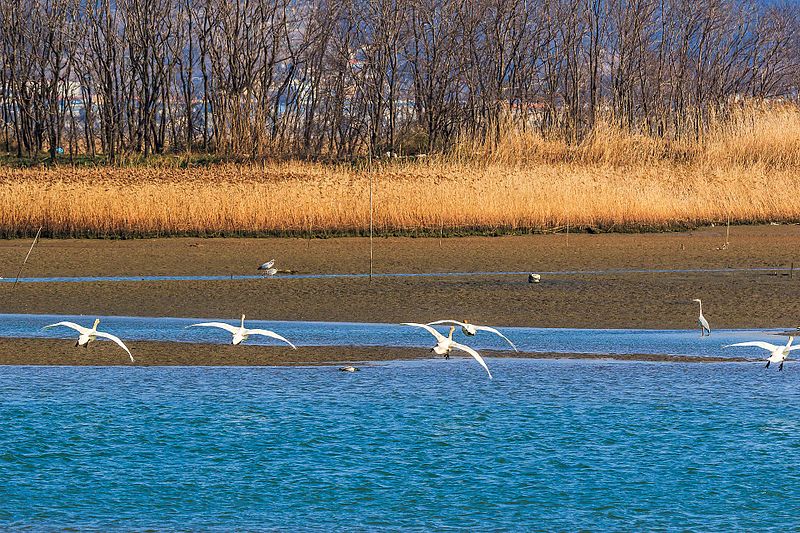The Peninsula
Green Growth Projects Often Have Contradictory Effects

Samsung partnered with the Korean government to launch the Eco Delta Smart Village, a futuristic community that aims to achieve sustainability through data integration. Residents’ rent will be waived in exchange for personal data collected over a 3-to-5-year period. The USD 1.8 billion project hopes to be a template for smart cities around the world and serve as co-development space for innovations in farming, healthcare, robotics, and environmental technologies. Despite these conscious efforts to implement an environmentally-friendly vision, activists fear that the project may still have an adverse impact on ecologically-sensitive spaces.
Built on the wetlands of the Nakdong River estuary, the Eco Village aims to make a wider surrounding area “developable.” The completed project envisions a larger community of smart homes along 4.5 miles of coastal wetlands, complete with its own sewage system and water treatment facility. The process of transforming this natural habitat may have adverse environmental costs, contradicting some of the project’s aims.
South Korea has a history of implementing ambitious green development plans that have had mixed outcomes. Former President Lee Myung-bak launched several “green growth” projects, but efforts during his tenure to bolster water storage and enhance flood control on domestic rivers have had a deleterious impact on the environment. Meanwhile, energy security concerns and public fears around nuclear energy stymied President Moon Jae-in’s attempt to promote renewable energy generation, resulting in an increase in fossil fuel consumption during his tenure. Given this history, the public and private sector’s growth ambitions for the Eco Village may also overshadow its environmental goals.
This briefing comes from Korea View, a weekly newsletter published by the Korea Economic Institute. Korea View aims to cover developments that reveal trends on the Korean Peninsula but receive little attention in the United States. If you would like to sign up, please find the online form here.
Korea View was edited by Yong Kwon with the help of Kayla Harris, David Lee, Sarah Marshall, and Mai Anna Pressley. Picture from the wikimedia account of Y.c.jang
